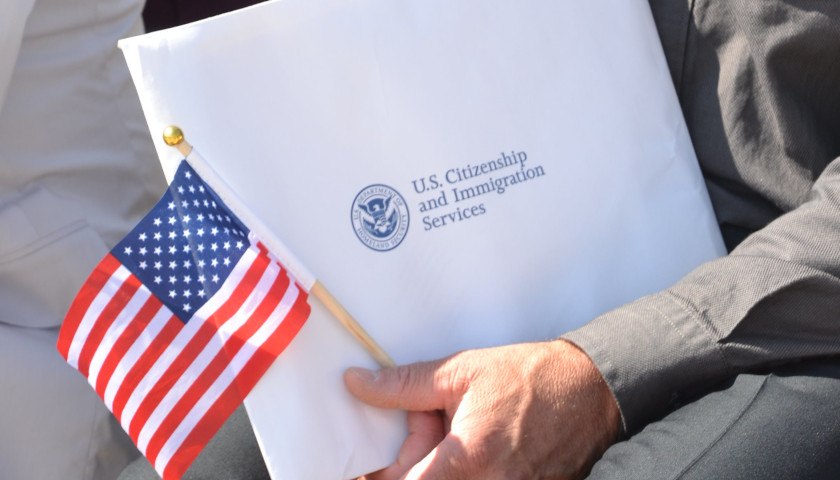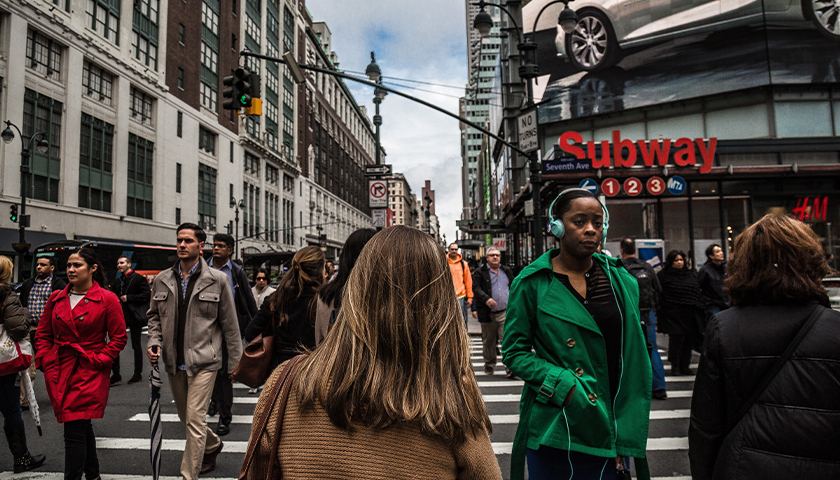Population growth in the United States declined to an all-time low during the COVID-19 pandemic. Following a decade-long fertility slump, 2020 saw more people dying than being born in half of all US states. Early estimates suggest that the US population grew only 0.35 percent, the lowest rate ever recorded, and growth is expected to remain near flat this year, according to reporting from the Wall Street Journal.
WSJ writers Janet Adamy and Anthony DeBarros report, “With the birthrate already drifting down, the nudge from the pandemic could result in what amounts to a scar on population growth, researchers say, which could be deeper than those left by historic periods of economic turmoil, such as the Great Depression and the stagnation and inflation of the 1970s, because it is underpinned by a shift toward lower fertility.”
The Malthusian View of Population
This demographic news comes at a time when limiting family size is widely encouraged in the media. In July, Meghan Markle and Prince Harry won an award for their “enlightened decision” to limit themselves to two children. And in response to a recent Census Bureau report of low population growth over the last decade, the Nobel Prize-winning economist Paul Krugman wrote in a New York Times column that, “In fact, in a world of limited resources and major environmental problems there’s something to be said for a reduction in population pressure.”
Read More





